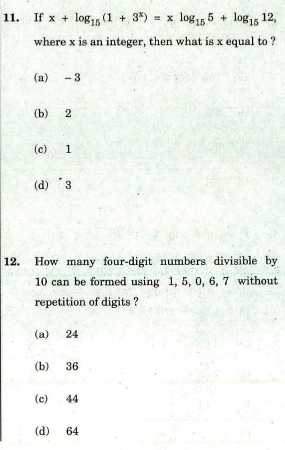
AllQuestion and Answers: Page 177
Question Number 205559 Answers: 2 Comments: 0
Question Number 205545 Answers: 4 Comments: 1

Question Number 205580 Answers: 1 Comments: 2
Question Number 205577 Answers: 1 Comments: 5
$$\mathrm{is}\:\infty\:\mathrm{a}\:\mathrm{real}\:\mathrm{number}? \\ $$
Question Number 205534 Answers: 1 Comments: 0
Question Number 205535 Answers: 2 Comments: 0

Question Number 205530 Answers: 1 Comments: 0

Question Number 205528 Answers: 1 Comments: 0
Question Number 205527 Answers: 3 Comments: 0
Question Number 205517 Answers: 1 Comments: 0

Question Number 205516 Answers: 0 Comments: 0
Question Number 205515 Answers: 0 Comments: 0
Question Number 205514 Answers: 0 Comments: 3
Question Number 205507 Answers: 1 Comments: 1

Question Number 205506 Answers: 1 Comments: 0
$$\int_{\mathrm{0}} ^{\mathrm{1}} \sqrt{\mathrm{1}−{x}^{\mathrm{4}} }{dx} \\ $$
Question Number 205502 Answers: 2 Comments: 0
Question Number 205496 Answers: 1 Comments: 0

Question Number 205492 Answers: 2 Comments: 0

Question Number 205490 Answers: 1 Comments: 0
Question Number 205471 Answers: 2 Comments: 0
Question Number 205461 Answers: 2 Comments: 1

Question Number 205460 Answers: 1 Comments: 0
Question Number 205457 Answers: 3 Comments: 0

Question Number 205456 Answers: 1 Comments: 0

Question Number 205479 Answers: 1 Comments: 0

Question Number 205446 Answers: 1 Comments: 0

Pg 172 Pg 173 Pg 174 Pg 175 Pg 176 Pg 177 Pg 178 Pg 179 Pg 180 Pg 181
